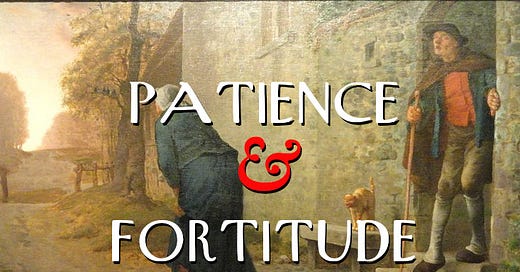“Patience is waiting. Not passively waiting. That is laziness. But to keep going when the going is hard and slow—that is patience. The two most powerful warriors are patience and time.” — Leo Tolstoy, 1904
Have you ever been late for a meeting or an appointment?
Of course you have. You’re human.
And instinctively you offer what we in polite society would expect: an apology. Which is fine — the world needs better apologies.
But I’m going to give you something different to say—something more powerful and empowering—that will elevate your stature as a leader.
But first, a story.
Guardians of Knowledge
Have you ever been to New York City? If you have, you probably walked past the New York Public Library.
You know the building—it’s the same one that the Ghostbusters came screaming out of in the opening of the iconic 1984 movie. And out front, you'll see the two guardians of the library—the world-renowned pair of m…
Keep reading with a 7-day free trial
Subscribe to Timeless & Timely to keep reading this post and get 7 days of free access to the full post archives.





